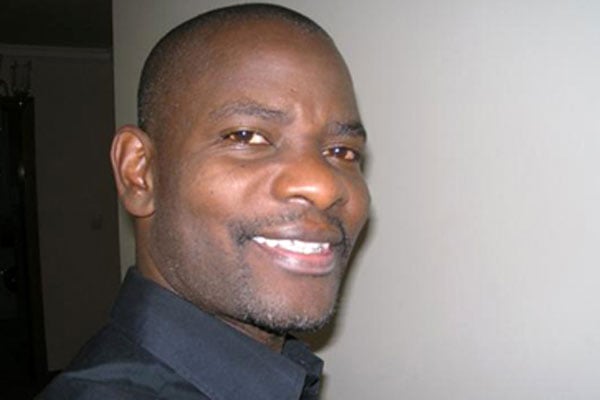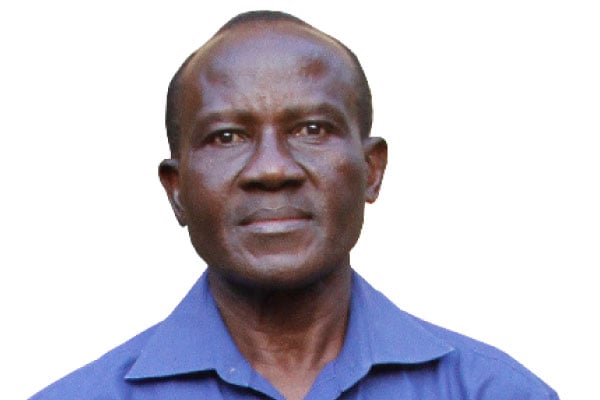Prime
Five good reasons why we need to put science and money above God

Author: Musaazi Namiti. PHOTO/FILE
What you need to know:
- We do not need faith to see science and money doing great things for us.
In the first week of this month, scientists in Spain working for a British pharmaceutical company, GlaxoSmithKline (GSK), announced they had found a naturally occurring bacterium which can help stop the transmission of malaria from mosquitoes to humans.
The bacterium, named TC1, can significantly reduce the malaria parasite load in both the mosquito midgut and salivary glands, indicating its potential to inhibit transmission of the parasite to humans via the mosquito, said GSK in a press release published on its website.
The discovery does not mean malaria is gone. It means evidence-based science will always be our ally. Although there are promising malaria vaccines being developed by GSK and the Jenner Institute at the University of Oxford, it has taken more than 100 years to rein in this disease.
Malaria remains stubbornly deadly. In 2021, says the World Health Organisation, malaria deaths stood at 619,000. Africa accounted for 95 percent of malaria cases and 96 percent of malaria deaths. Children under five accounted for about 80 percent of those deaths.
I am not a scientist, but I am a realist — a person who accepts and deals with a situation as it really is and does not try to pretend that it is different. I have observed that while we are brought up to believe we have a loving God who is in total control and cares about us, reality points to the opposite.
In theory, the vast majority of people rely on God. In practice, they rely on evidence-based science and money to fix countless problems. God, assuming He exists, has either ignored or completely failed to fix those problems.
Below I give five good reasons why we need to prioritise science and money over God. I do not mean to offend believers. I am only dealing with reality.
First, evidence-based science and money work. They are more reliable in fixing problems than God. In Uganda, as in other countries, we see the rich and the poor, the powerless and powerful, including religious leaders, going to hospitals, immunising their children. They rely on evidence-based science and money, not God.
Some religious leaders go overseas, where science has greatly improved healthcare, yet when poor members of their churches have serious health problems, they give them prayers.
Second, science and money can help us achieve the top Sustainable Development Goals, namely no poverty, zero hunger, good health and well-being. Achieving these goals means we will live in a world that is considerably better than the one we say God is taking care of. Money creates money, and we can use it to end poverty.
Evidence-based science will turbocharge our agriculture, thereby eradicating hunger. It can also create robust health systems.
Three, we do not need faith to see science and money doing great things for us. Evidence-based science provides tried and tested solutions. If they do not work well, they can be improved. Unlike scriptures, science is guided by facts, not faith, and when it fails, it corrects itself.
Four, there is plenty of evidence to suggest that countries that have placed science and money above God do better in terms of human development than those which believe God will provide solutions to their problems.
Five, if you have great science and money, you generally live much longer than poor people with plenty of God and faith.
Religious people say that science does not know everything. Yes, science has limits. But what does religion know about malaria, about our universe, about DNA, about heart disease, about cancer, about climate change?
Musaazi Namiti is a journalist and former Al Jazeera digital editor in charge of the Africa desk
[email protected] @kazbuk



